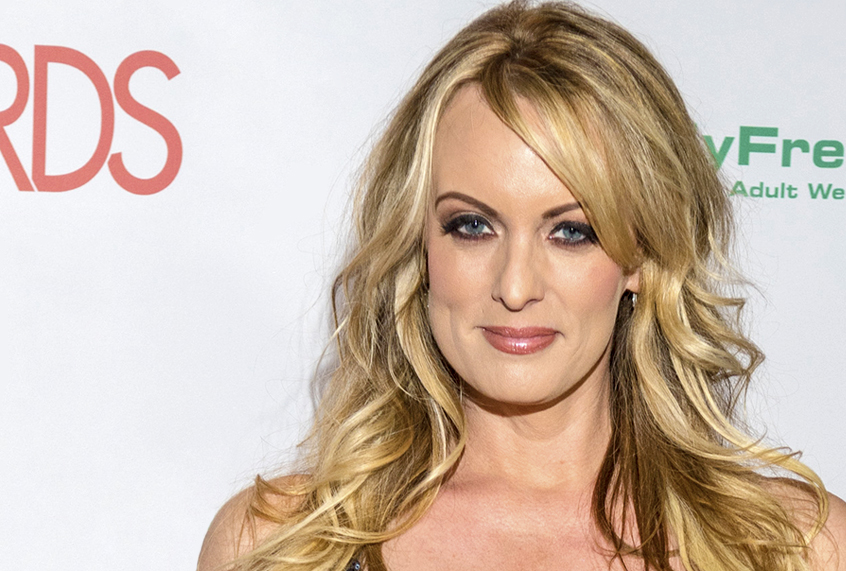Oh, Michael Cohen, what have you done?
President Donald Trump’s personal lawyer may have opened a can of words Tuesday by releasing a statement in which he admitted that he paid adult film actress Stormy Daniels $130,000 just before the 2016 presidential election. The payment, according to the Wall Street Journal, was in accordance with a non-disclosure agreement that prevented Daniels — whose real name is Stephanie Clifford — from talking about an alleged 2006 sexual encounter with Trump at a golf tournament.
In 2006, Trump was already married to Melania Trump, who had just given birth to the couple’s only child, Barron.
Because Cohen admitted to the $130,000 payment, Daniels’ manager told the Associated Press, the attorney had violated the non-disclosure agreement. That means that Daniels can finally tell all.
There is no way this isn’t a win-win for everyone except residents of the West Wing. For starters, we now seem to have the confirmation of a non-disclosure agreement that existed between Cohen (representing Trump) and Daniels. That’s something Daniels avoided talking about when she was on “Jimmy Kimmel Live” a couple of weeks ago. And now that the non-disclosure agreement has been established — and broken — Daniels can talk to whomever she wants about any alleged affair. This could end up making her very rich.
There’s no good outcome for Trump here, however. The president has blustered that he would sue outlets that have reported on his various alleged personal misdeeds, as well as the dozen or so women who have accused him of sexual misconduct since he began his presidential campaign. But he never has, and filing a lawsuit would open a world of problems.
If Trump, or even Cohen, ever decided to sue Daniels, the alleged affair would be front and center. As in, “why was there a non-disclosure agreement signed?” With more detail, here’s legal analysis from NBC News:
The real reason that Trump probably will never sue is this: Reciprocal discovery.
The discovery process is designed to enable the parties to uncover evidence from an adversary through the disclosure of documents and records, and can require sitting for a (transcribed) deposition. The rules are to be “liberally construed” to authorize “extremely broad” discovery. Parties to a lawsuit may force disclosure from the other side of any non-privileged matter that is relevant to any party’s claim or defense.
While that analysis actually refers to potential lawsuits resulting from Michael Wolff’s White House tell-all “Fire and Fury,” the details would hold true in this case as well. In any legal discovery process, Trump’s sex life — and the conduct of anyone else who might have tried to keep bad news out of the headlines while he was running for president — would become fair game.
Aside from the salacious details — an affair, a cover-up, White House denials — Daniels’ claims are important for another reason. Cohen has been dogged by a Federal Election Commission and Justice Department complaint from the liberal watchdog group Common Cause. The group has suggested that the payment to Daniels was a violation of campaign-finance disclosure laws. Cohen is trying to rebut that charge by claiming that he was the one who paid Daniels, and the funds did not come from Trump’s campaign.


